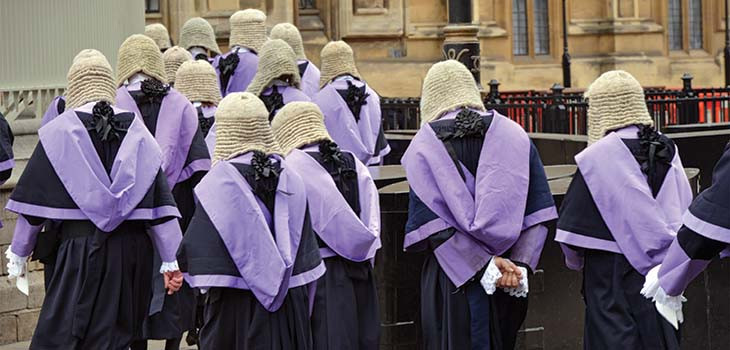
The Judicial Review and Courts Bill has now entered the House of Lords. It will not likely be brought into effect until early to mid-2022. While we consider that the Bill does not have the far-reaching constitutional implications that some have suggested, the introduction of suspended quashing orders could in fact allow some claims to succeed that would previously have failed.
Suspended quashing orders
The Bill would introduce a new provision (29A) into the Senior Courts Act 1981 (the 1981 Act) which would allow judges to ‘undo’ (or ‘quash’) something that the government has done from a particular point in time. Previously, the relief that was available to a claimant was to have a court decide that the government’s actions were unlawful and had effectively never been taken. That is clearly quite a dramatic order for a court to make.
Now, if the Bill becomes law, courts





.tmb-mov69x69.jpg?sfvrsn=961ae4db_1)
95ca96e3d47f4eff8d147c4f0df17c77.tmb-mov69x69.png?sfvrsn=3db5d86b_1)

